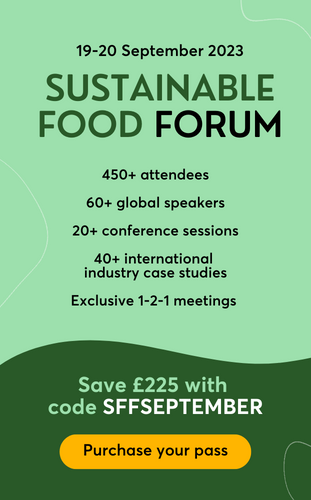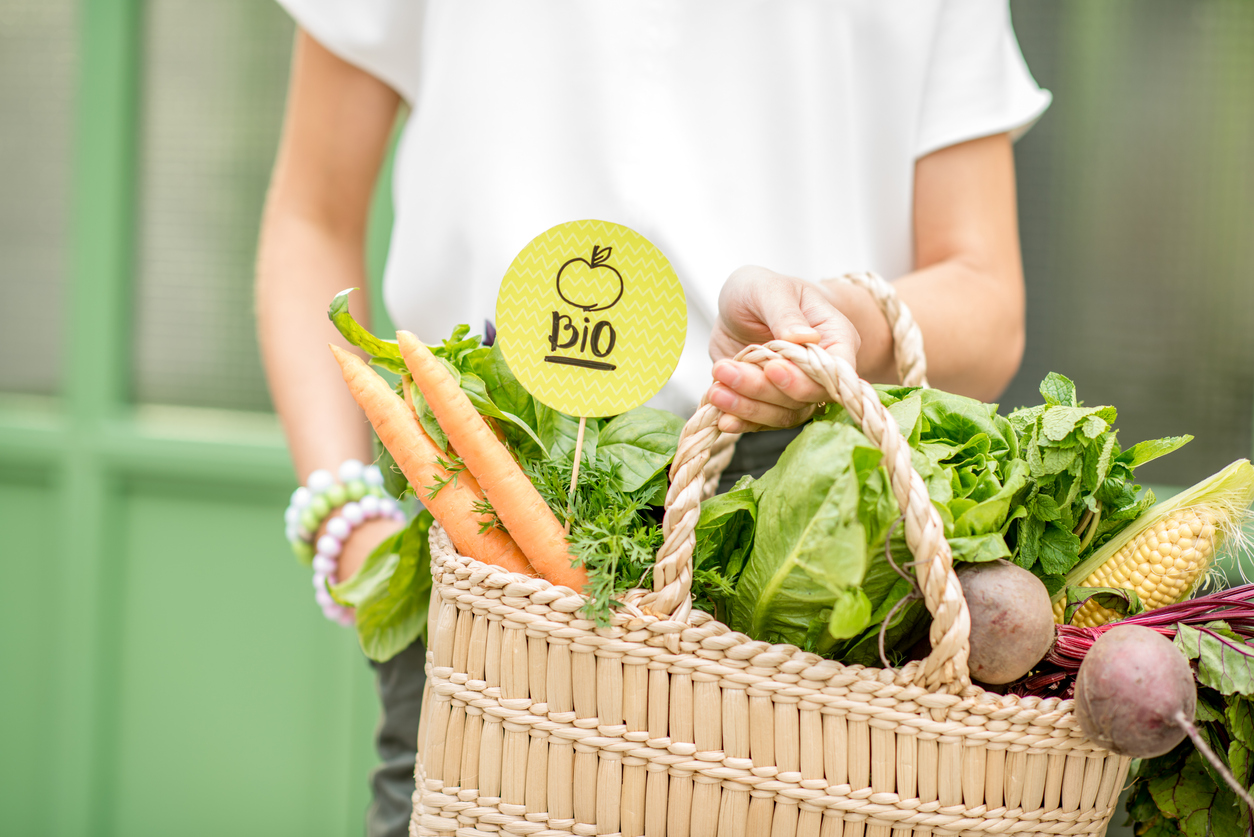Vegetarians and vegans are less likely to develop prostate and breast cancer, University of Oxford study reveals

Vegetarians and vegans between the ages of 40 and 70 have a lower risk of developing cancer in comparison to meat eaters, a recent study from the University of Oxford shows.
Pescatarians and consumers of low amounts of meat within this age group were also found to be less at risk of being diagnosed with it.
The study reveals that low-meat eaters had a lower risk of developing colorectal cancer. The World Health Organisation and the World Cancer Research Fund proved there was a link between the consumption of processed meat and colorectal cancer in a report published in 2015.
The potential for developing postmenopausal breast cancer was also smaller in vegetarian women, who all tended to have a lower BMI than the female meat-eaters who took part in the study.
Men who followed a vegetarian diet were also said to be less likely to develop prostate cancer than men who regularly consume meat.
The study analysed 472,377 participants from the research biomedical database and research company UK Biobank, who were all healthy when they first enrolled on the study.
After approximately 11.4 years, researchers reconvened with the participants and found 54,961 of them were now living with some form of cancer.
The report does note however that dietary habits should not be seen as the determining factor in reducing the risk of developing cancer, and that other lifestyle choices, such as smoking, also had a significant role in determining the level of risk.
The researchers said: “Future research assessing cancer risk in cohorts with large number of vegetarians is needed to provide more precise estimates of the associations and to explore other possible mechanisms or explanations for the observed differences.“
The study was conducted by several researchers at the University of Oxford including Cody Z. Watling, Julie A. Schmidt, Yashvee Dunneram, Tammy Y. N. Tong, Rebecca K. Kelly, Anika Knuppel, Ruth C. Travis, Timothy J. Key and Aurora Perez‑Cornago.










